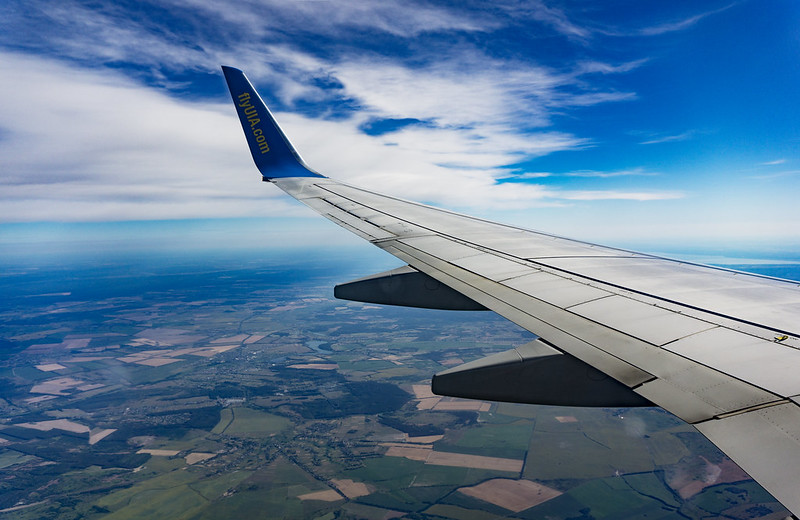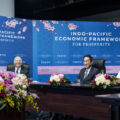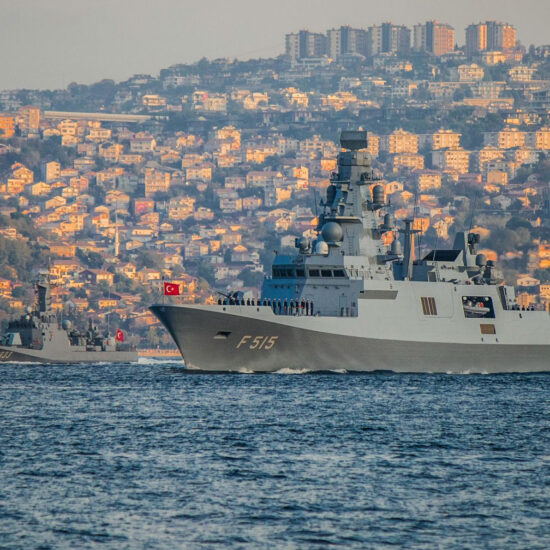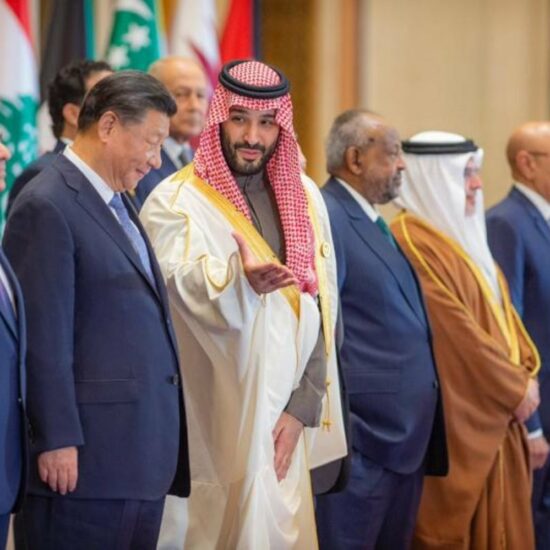
Image credit: Epicantus
On November 25, 2020, the Institute for Peace & Diplomacy (IPD) hosted a panel in partnership with InterVISTAS. This panel is part of the IPD discussion series on the impact of COVID-19 on international peace and security. This discussion series is supported by the Department of National Defence’s Mobilizing Insights in Defence and Security (MINDS) program.
The panel brought together a group of global leaders, policy thinkers and decision makers to discuss the future of aviation policy and address three critical questions:
- Are international institutions, such as the International Civil Aviation Organization (ICAO), well-equipped to cope with rapid changes to the global aviation ecosystem?
- What is the meaning of sustainability in a post-pandemic world? What changes can we expect to see domestically in terms of regulatory trends, adoption of the climate change agenda, and geopolitical alignments?
- As governments struggle to contain COVID-19 and the aviation sector continues to suffer financially, are we likely to enter an era of contained liberalization, aero-political wars, and forced institutional convergence?
We were thrilled to welcome our keynote speaker, Violeta Bulc—Curator of Ecocivilisation, EU Commissioner for Transport, and Deputy Prime Minister of Republic of Slovenia—and our four distinguished panelists:
- Anita Mosner, Partner and Co-Chair, Transportation and Infrastructure Group, Holland & Knight LLP
- David Sprecher, Partner and Head of Aviation, Transportation and Tourism Practice, Shibolet Law Firm
- Juan Carlos Salazar, Director General, Colombia Civil Aviation Authority
- Pablo Mendes de Leon, Director, International Institute of Air and Space Law, Leiden University.
This panel discussion was moderated by Marcelo Garcia, the Senior Director of InterVISTAS.
The event was divided into two sessions, with the first featuring a keynote address from Violeta Bulc and the second comprising a roundtable discussion about the policy and regulatory challenges the aviation industry currently faces in three regions of the world: the Americas, Europe and the Middle East.
Session 1: Violeta Bulc Keynote Address
Violeta Bulc began her keynote by highlighting that the modern era is shaped by unpredictability and rapid change. Bulc stressed that it is therefore important for the aviation industry to take this period of interruption as an opportunity to prepare for future challenges and accept that frequent readjustments have become a part of day-to-day life.
While technology has certainly become ubiquitous in post-millennial society, global consciousness about climate change and the devastating consequences of constant growth is on the rise. Bulc introduced concepts such as Society 5.0 and Ecocivilisation which place an emphasis on a human-centric approach which employs technology as a tool rather than a destination. To ensure the success of any industry, employers must put employees first by displaying tolerance, patience, respect and empathy.
As Bulc’s work currently focuses on Ecocivilisation, she applied the concept to the restoration of aviation in a post-pandemic world. Stressing that the industry must seek diverse and unconventional market opportunities, she advocated for a personalized approach that would address travelers’ concerns about flying and tourism. Also necessary would be for the industry to embrace its role as part of an ecosystem rather than as an independent, untouchable entity. All stakeholders (such as airports, traffic control, airlines) must come together to find sustainable solutions. Collaboration with other modes of transportation such as urban mobility and railways could also foster an improved customer experience.
The first steps in the industry’s recovery is widely considered to be mandatory immunization for all passengers. However, Bulc stressed her support for diversified protocols and technological solutions that position aviation as the driver of global connectivity and establish a framework of trust that would allow for mass travel to re-emerge.
The aviation industry must also apply lessons learned following the September 11 attacks and the subsequent drop in air travel. To address that challenge, the industry adopted clear and transparent security protocol regarding what passengers can expect, which allowed travel to eventually re-establish itself. Such an approach could also prove salutary for addressing the crisis brought on by COVID-19. Bulc finished by suggesting that a transparent approach, in concert with diverse technological options, predictability, integrated solutions and cooperation with stakeholders, would serve to promote the industry’s recovery.
Session 2: Global Roundtable
The second session consisted of a global roundtable focused on COVID-19 governance. Marcelo Garcia asked the panelists to examine the underlying and institutional challenges at both the national and global levels, as well as equitable recovery strategies that could contribute to restoring global connectivity.
The COVID-19 pandemic has brought the state back to the centre of financial decision making. Pablo Mendes de Leon explained that individual states, rather than the EU, have played the leading role in providing financial relief, especially to airlines with close governmental ties (such as British Airways, Air France, KLM, Lufthansa.) In the United States, Anita Mosner explained that the government provided short-term aid and wage support to carriers in order to avoid a full-scale collapse of the industry and the overall American economy. David Sprecher stated that in Israel, the government was eager to provide airlines with aid, though Sprecher added that it was not entirely sufficient.
Throughout the pandemic, the state has also played a central role in health decision making. As health falls into domestic (rather than international) jurisdiction, Mendes de Leon explained that European states will continue to play a large role in setting regulations to restart the industry. Salazar reiterated this point by explaining that public health is fundamentally a local issue and thus the role of global institutions in this domain would be limited.
Both Mosner and Sprecher emphasized that there had been record-breaking air traffic and profitability in the years prior to the pandemic. Juan Carlos Salazar explained that the Colombian aviation industry and civil authority were taken by surprise and did not immediately know how to proceed. In terms of strategies for reinvigorating the aviation industry, Salazar echoed Bulc’s points, noting that aviation is no longer self-contained and that it is critical to engage with other entities (such as airports and local governments) in order to make the industry increasingly people-centred.
In terms of geopolitical developments, Mosner explained that the ongoing dispute between the U.S. and China has caused the former to impose restrictions on Chinese passenger carriers. In regard to the Middle East, Sprecher noted that the recently signed peace agreements with both the United Arab Emirates and Bahrain have allowed for the entry of their respective airlines and therefore created increased competition for Israeli airlines.
Garcia followed up with all the panelists to ask for their opinions on the type of reforms global institutions such as ICAO should adopt moving forward. Salazar answered that ICAO should travel to every member state in order to collaborate with governments and determine the importance of the aviation industry for each country’s economy. He explained that ICAO could coordinate different public goods based on the specific needs of each region, providing the example of the European Union’s requirement of solid commitments on the reduction of carbon emissions. Bulc added that countries have experience engaging globally, stemming from previous dialogues on the decarbonization of aviation. This has familiarized states and corporate actors with multilateral and rules-based cooperation, and therefore could provide a blueprint for engagement on COVID-19. De Mendes underscored that air transport interests and national health interests must be balanced: ICAO should coordinate with international health organizations such as the WHO. Mosner noted that ongoing industry adaptation to travel patterns will likely bring about innovation from smart, agile companies, which will ultimately find its way into the regulatory ecosystem. Salazar concluded by stating that active collaboration on the part of the aviation industry is key to regaining travellers’ trust and better preparing for future challenges.










